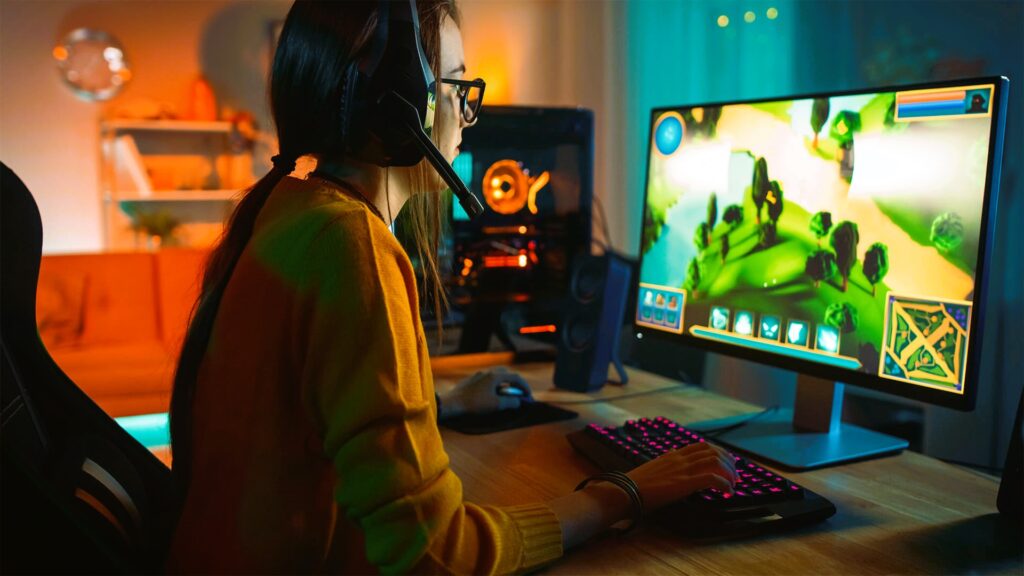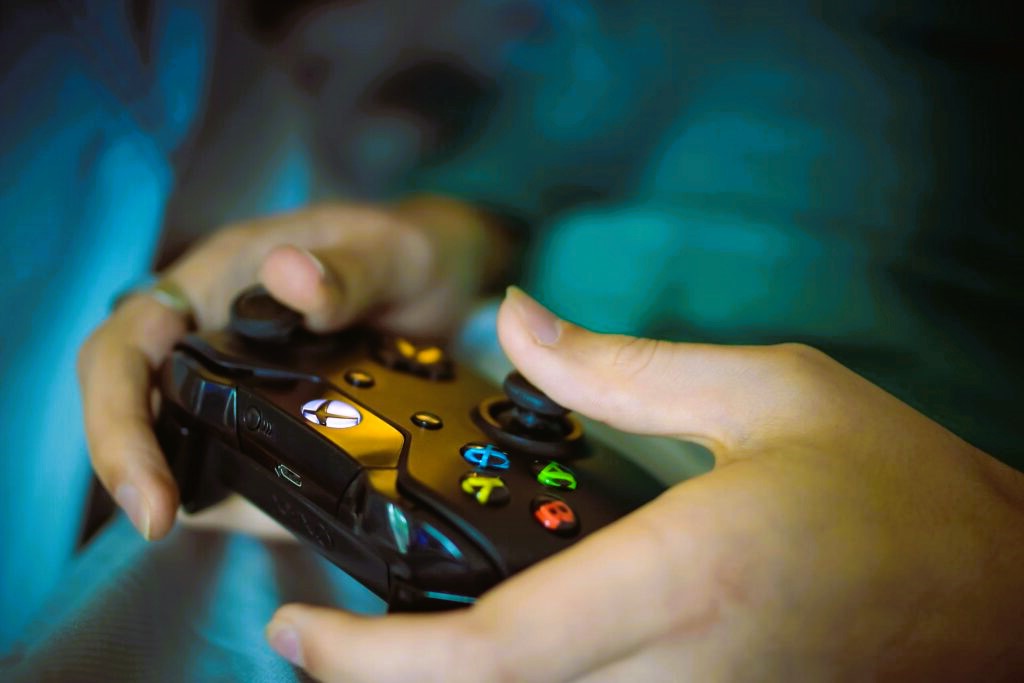Whether you’re a casual gamer or a competitive eSports player, improving your performance in popular games requires a blend of strategy, skill, and the right tools. Mastering your favorite games can be a challenging yet rewarding endeavor. This article explores key strategies and tips for enhancing your gaming performance, applicable to various popular games.
1. Understanding Game Mechanics
1.1. Master the Basics
Before diving into advanced strategies, ensure you have a solid understanding of the basic mechanics of your game. This includes knowing the controls, game objectives, and fundamental strategies. For example, in games like League of Legends or Counter-Strike, understanding core mechanics such as character abilities, map layouts, and game objectives is crucial for success.
1.2. Learn from Tutorials and Guides
Many games offer built-in tutorials and guides. Additionally, online resources like video tutorials and written guides can provide valuable insights. Websites such as Fandom’s Gaming Hub offer comprehensive guides and tips for a variety of games.
2. Practice and Skill Development

2.1. Regular Practice
Consistent practice is essential for improving your gaming skills. Set aside dedicated time to practice different aspects of the game, such as aiming, strategy, and reaction time. The more you practice, the better you’ll become at handling various in-game situations.
2.2. Analyze Your Gameplay
Reviewing your own gameplay can provide insights into areas where you need improvement. Many games offer replay features, and third-party tools can also help analyze your performance. Look for patterns in your mistakes and identify strategies to address them.
3. Optimize Your Gaming Setup
3.1. Choose the Right Hardware
Having the right gaming hardware can make a significant difference in your performance. Ensure your PC or console meets the game’s requirements for smooth gameplay. Invest in a high-quality gaming mouse, keyboard, and headset that suit your playstyle. Monitors with high refresh rates and low response times are also beneficial for competitive gaming. Find out more in our article on how to choose the best gaming desk and chair for long gaming sessions.
3.2. Adjust Game Settings
Fine-tuning your game settings can enhance performance and visual clarity. Adjust graphics settings to balance quality and performance based on your hardware capabilities. Lowering settings such as shadows and effects can improve frame rates and reduce lag.
4. Develop Effective Strategies
4.1. Study Game Maps and Environments
Understanding the maps and environments in your game is crucial. Learn the layout, key locations, and tactical points. In games like Call of Duty or Valorant, knowing map hotspots and strategic positions can give you a competitive edge.
4.2. Watch and Learn from Experts
Watching professional players and streamers can provide valuable insights into advanced strategies and techniques. Analyze their gameplay to understand how they approach different scenarios and incorporate their strategies into your own play.
5. Enhance Communication and Teamplay
5.1. Effective Communication
In team-based games, communication is key to success. Use voice chat or in-game messaging systems to coordinate with your team. Clear and concise communication can help you strategize, share information, and execute plans effectively.
5.2. Develop Teamwork Skills
Building strong teamwork skills can greatly enhance your performance in team-based games. Work on coordinating with teammates, understanding their playstyles, and supporting each other in achieving common goals.
6. Focus on Physical and Mental Well-being
6.1. Maintain Good Posture
Proper posture can improve your comfort and performance. Invest in ergonomic furniture and practice good posture to avoid strain and discomfort during long gaming sessions. Taking regular breaks to stretch and move around is also important.
6.2. Stay Mentally Sharp
Mental sharpness is crucial for gaming performance. Ensure you get adequate rest and stay hydrated. Avoid excessive gaming sessions that can lead to fatigue and reduced concentration. Mental agility can greatly impact your reaction times and decision-making abilities.
7. Utilize Training Tools and Software

7.1. Aim Trainers
Aim training software can help improve your accuracy and reflexes. Tools like Aim Lab and Kovaak’s FPS Aim Trainer are designed to help you practice aiming and tracking skills in various scenarios.
7.2. Performance Monitoring Software
Using performance monitoring tools can help you track your in-game statistics and identify areas for improvement. Software such as Razer Cortex or NVIDIA GeForce Experience provides detailed performance metrics and optimization tips.
8. Stay Updated with Game Patches and Updates
8.1. Monitor Patch Notes
Game developers regularly release patches and updates that can affect gameplay. Stay informed about these changes by reading patch notes and understanding how they impact the game. Adapting to updates and balancing changes can help maintain your performance.
8.2. Engage with the Community
Joining game forums and communities can provide insights into current trends and strategies. Engaging with other players can help you stay updated on new techniques, meta changes, and community-driven strategies.
Additional Resources
For more detailed information on improving your performance in popular games, visit Wikipedia’s page on Video Game Development, which offers insights into various aspects of game design and player experience.
Improving your performance in popular games involves a combination of understanding game mechanics, practicing regularly, optimizing your setup, developing effective strategies, and focusing on your well-being. By implementing these strategies and utilizing available resources, you can enhance your gaming skills and achieve better results. Whether you’re looking to climb the ranks in competitive games or simply enjoy a more immersive gaming experience, these tips will help you reach your goals and elevate your gameplay.

